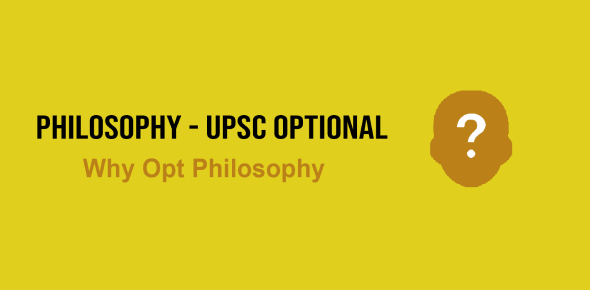________________________: according to Socrates, what gives a man this...
________________________: presents the practical necessity of a...
_______________________: construes personality as an evaluatively...
________________________: presents an action, in itself, as...
Immanuel Kant argues the only actions worth performing are those of...
_______________________: holds that behavioral differences are due...
_______________________: follow the rules that nobody could reasonably...
_______________________: when we have this, we must have some...
________________________: answer the question, "what would be...
________________________: says the morality of an action is determined...
________________________: says what would be best for someone is what...
________________________: says the moral code of a society determines...
________________________: says what would be best for someone is what,...
_______________________: says you should act in such a way that...
________________________: a doctrine of Utilitarianism that says that...
________________________: adherence to moral and ethical principles;...
_______________________: the mean between excess and deficiency ...
_______________________: living well and flourishing.
_______________________: says you should act so that you treat...
_______________________: the balance between excess and deficiency...
________________________: a branch of the theory of Consequentialism...
________________________: says all human actions, when properly...
________________________: answer the question "What would be best...
________________________: says what would be best for someone is what...
_______________________: says that everyone makes some choices and...
________________________: says what would best for someone is what,...
________________________: says all men ought to pursue their own...
________________________: says certain things are good or bad for us,...
_______________________: says you should always act as though you were...
_______________________: the faculty or object which motivates a...
________________________: a logical truth. A statement which is...
_______________________: the rule or principle buy which an individual...
________________________: how things actually are; how...
_______________________: the doctrine that the individual human will...
________________________: affirm how things should or ought to be; how...
_______________________: something that can be replaced by something...
What constitutes an action as being good, according to Kant, is if it...
_______________________: something that is intrinsically good and...
Robert Nozick's "The Experience Machine" challenges this...
Each moral theory has its own idea of what can be considered to be a...
________________________: says certain things are good or bad for us,...

















